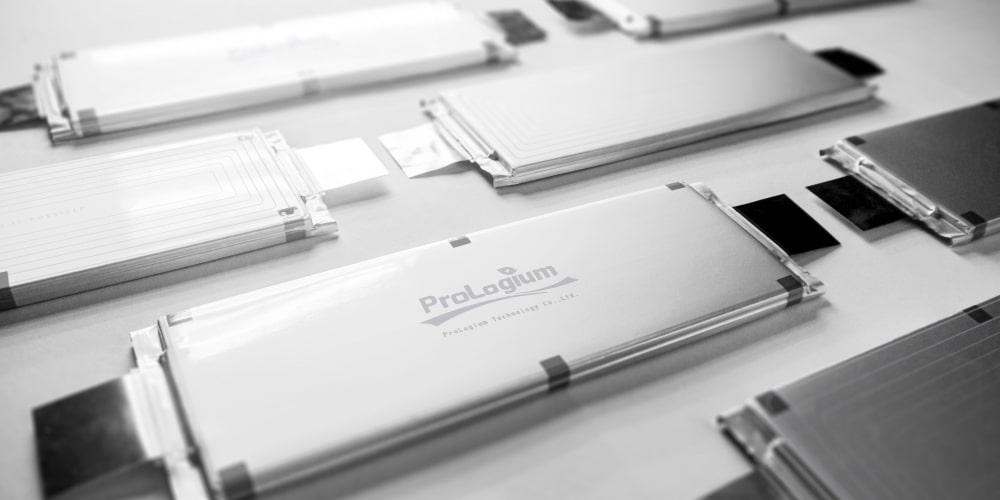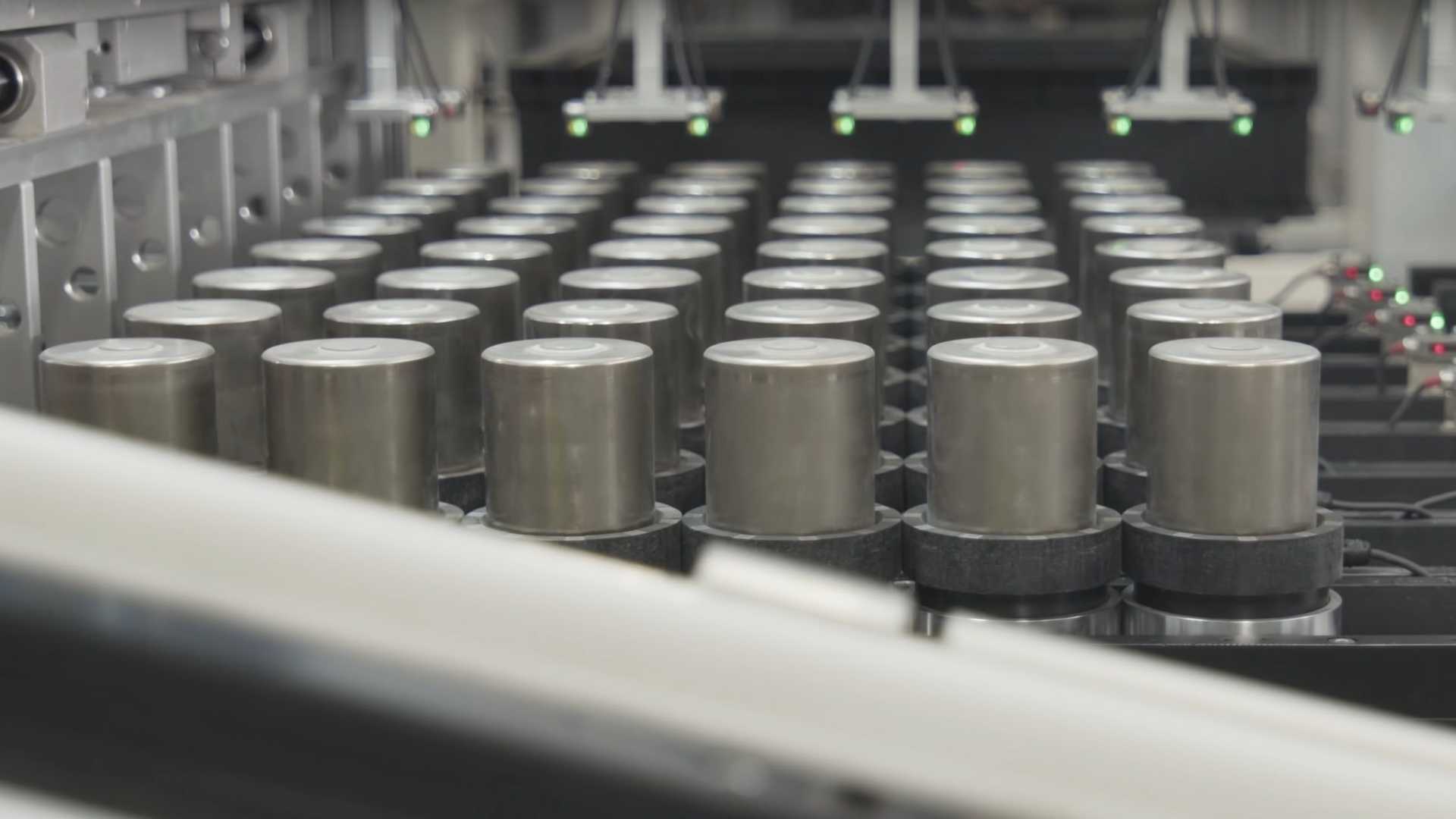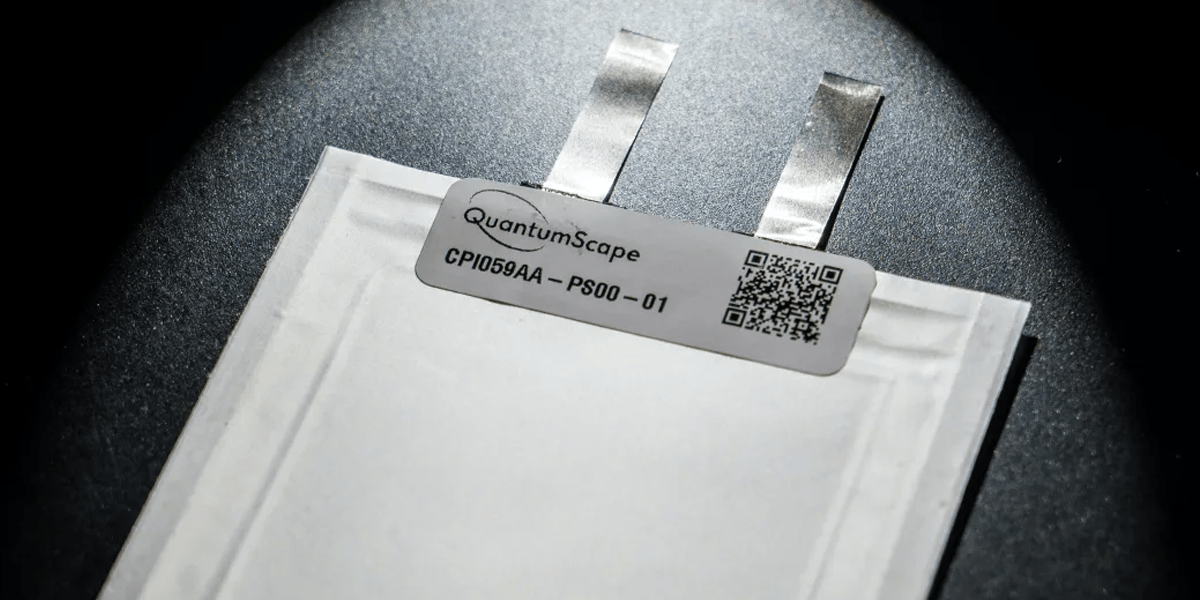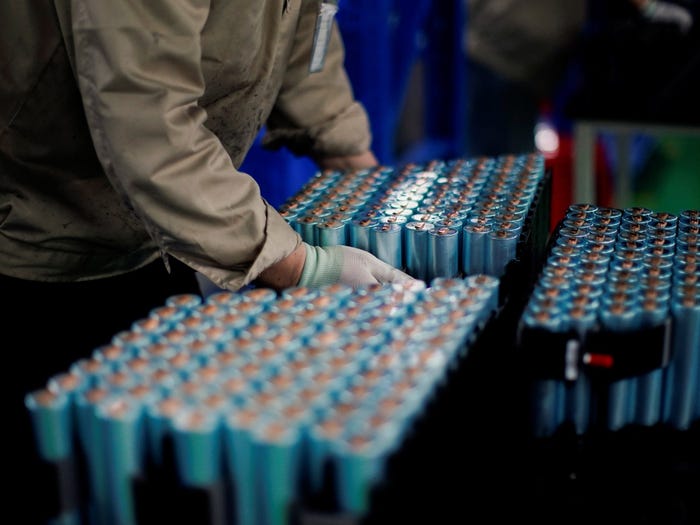The European Commission has granted the French government the green light to subsidise research and development (R&D) in the field of solid-state batteries for electric vehicles. The partnership, forged with Taiwanese firm ProLogium, has secured €1.5 billion in funding under EU state aid rules.
Dubbed “Prometheus,” the ambitious R&D project is slated to run until the end of 2029. ProLogium will initially focus on creating a first-generation of solid-state batteries, aiming to overcome the limitations currently associated with conventional lithium-ion batteries. Subsequently, the company will endeavour to develop a new generation of solid-state batteries boasting higher energy density and enhanced sustainability.
See also: MAHLE and ProLogium Partner on Solid-State Battery Solutions
The third phase of the project will centre on devising efficient recycling processes for the various components of the new batteries. ProLogium is expected to play a crucial role in developing standards for the recycling of solid-state batteries. Additionally, the company has pledged to actively share the technical expertise garnered through the project with both industry and academia.
Margrethe Vestager, Executive Vice President of the European Commission in charge of competition policy, commented on the measure, stating, “This €1.5 billion measure enables France to support ProLogium’s research and development project on innovative solid-state batteries for electric vehicles. This project will also contribute to fostering an innovative battery value chain for electric vehicles in Europe while limiting possible distortions of competition.”
The approval comes amid a global race for technological advancements and resources in the burgeoning electric vehicle sector. Many nations, including China and the USA, have implemented stringent guidelines that prioritise domestic players and impose limitations on foreign counterparts’ eligibility for industry subsidies. While these protectionist measures aim to promote the transition to cleaner energy sources, economists argue that they might inadvertently hinder global innovation.
See also: ProLogium Unveils Next-Generation Solid-State Battery Doubling Energy Density
The EU Commission’s decision was based on a comprehensive assessment, adhering to EU State aid rules, particularly Article 107(3)(c) of the Treaty on the Functioning of the European Union (‘TFEU’). The evaluation concluded that the subsidy facilitates economic activity, particularly in R&D for the development of a new generation of solid-state battery technology for electric vehicles. It also demonstrated an ‘incentive effect’ to encourage further research and development, with adequate safeguards in place to outweigh any potential distortions of competition and trade within the EU.
ProLogium has already revealed its plans to construct a factory in France, marking its first European manufacturing facility. The factory, located in Dunkerque, will require an investment of €5.2 billion and will boast a research and development centre. Construction is scheduled to commence in the latter half of 2024, with production set to commence by the end of 2026.
Currently, ProLogium produces its solid-state batteries in Taiwan, with production capacity limited to 3 GWh. Notably, Vietnamese automaker VinFast secured a stake in the company last year, with ProLogium committed to supplying solid-state battery cells to VinFast from 2024 onwards. Moreover, Mercedes-Benz made a significant investment in ProLogium in January 2022, forging a collaboration to jointly develop next-generation battery cells with the Taiwanese firm.







